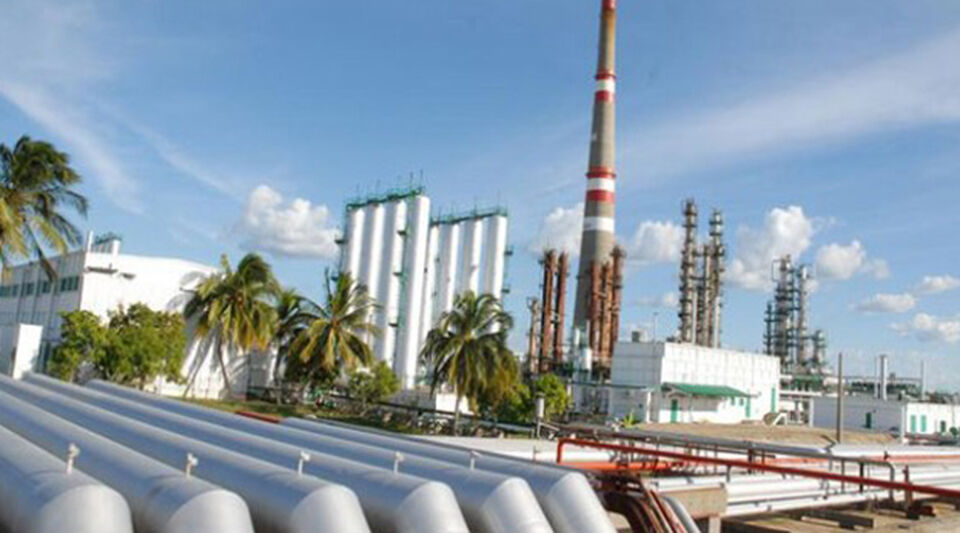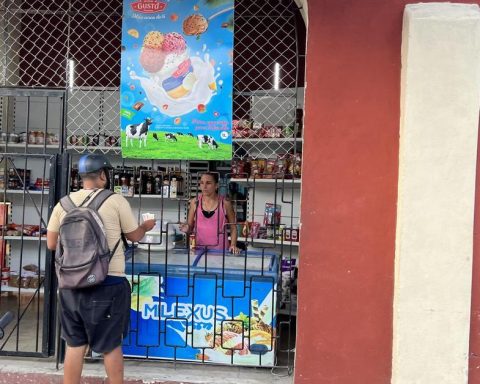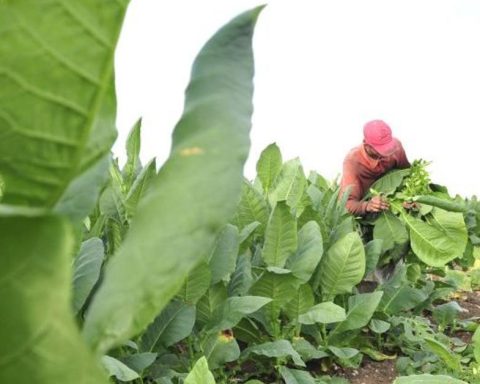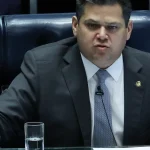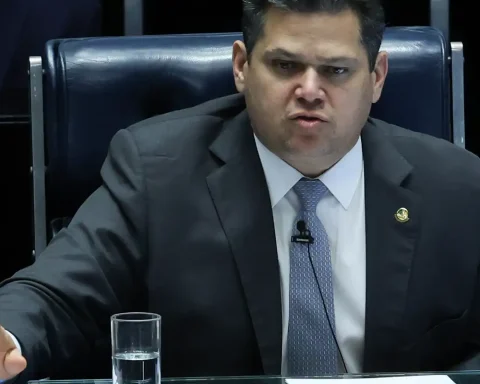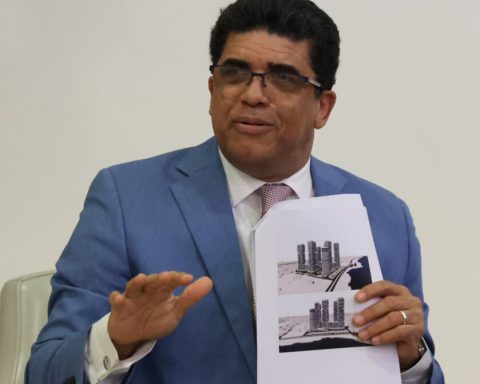The energy crisis that brings Cubans headlong has forced state industries to also look for alternatives to keep their boilers on. This is the case of the Cementos Cienfuegos factory, which uses the oily sludge waste obtained from the oil refinery in this province, the largest in Cuba.
The general manager of the company, Irenaldo Pérez, explained to Latin Press This weekend the provincial refinery transfers to the cement plant the residues resulting from the production of liquefied petroleum gas, gasoline, diesel, turbo fuel and fuel oil.
The official said that this waste can also be used in foundries and sugar mills – large consumers of fuel – that precisely because of the general shortage on the Island, have had to paralyze their production lines on repeated occasions. Without detailing the volume of sludge obtained from the oil plant, the official news agency ensures that its use reduces “considerable dependence on imported fuel”, while compensating for its environmental footprint by eliminating potential sources of contamination.
Cuba shows slow progress in the diversification of its generation matrix, highly dependent on crude oil. The Government promised in 2014 that renewable generation –which at that time represented 4.3%– would represent 24% of the installed capacity by 2030, but at the beginning of 2022 it had barely reached 5%.
In addition to the energy crisis, Cuban families face greater interruptions in drinking water service
In addition to the energy crisis, Cuban families face greater interruptions in drinking water service. the provincial newspaper newspaper 26 recognized this Monday that Las Tunas shows one of the greatest delays on the Island in terms of installing more effective equipment for the water supply. In the province, 146 stations were expected to come into operation by October this year, but the meager results to date, just 22, warn that this goal will not be met.
Of the few facilities, not all are in operation, warned Óscar Carralero, director of the Provincial Company of Aqueduct and Sewerage of the province. The official explained that three of the new stations already have electrical problems due to control failures and two cannot be activated because the networks have not received maintenance for years or are not available due to theft.
Therefore, the manager acknowledges, they still do not represent “improvements in the community”, which maintained the “illusion of receiving water in the short or medium term in a stable manner.”
In your note, newspaper 26 points out that several pieces of equipment with a capacity of 10 kilowatts are in the process of being installed in remote and sparsely populated areas, where families had denounced that the pumping devices had been broken “years ago” and it was only possible to receive water in pipes.
However, the works are not advancing given the scarcity of materials to assemble the solar panels, said Marco Antonio Sánchez, a specialist from the Provincial Directorate of Aqueduct and Sewerage. They also do not have enough fuel or means of transportation to get supplies to remote areas.
“We feel a bit alone,” lamented Sánchez, who explained that the authorities are committed to projects, but at the time of concretizing the assembly, there is a lack of resources that depend on other industries. “Advancing like this is more complex,” he said.
The newspaper, however, is optimistic that, once the 146 stations are installed, there will be a saving of 73,000 kilowatts of current in the province and an improvement in the water service for 11% of the homes in the province.
________________________
Collaborate with our work:
The team of 14ymedio He is committed to doing serious journalism that reflects the reality of deep Cuba. Thank you for accompanying us on this long road. We invite you to continue supporting us, but this time becoming a member of our newspaper. Together we can continue transforming journalism in Cuba.
